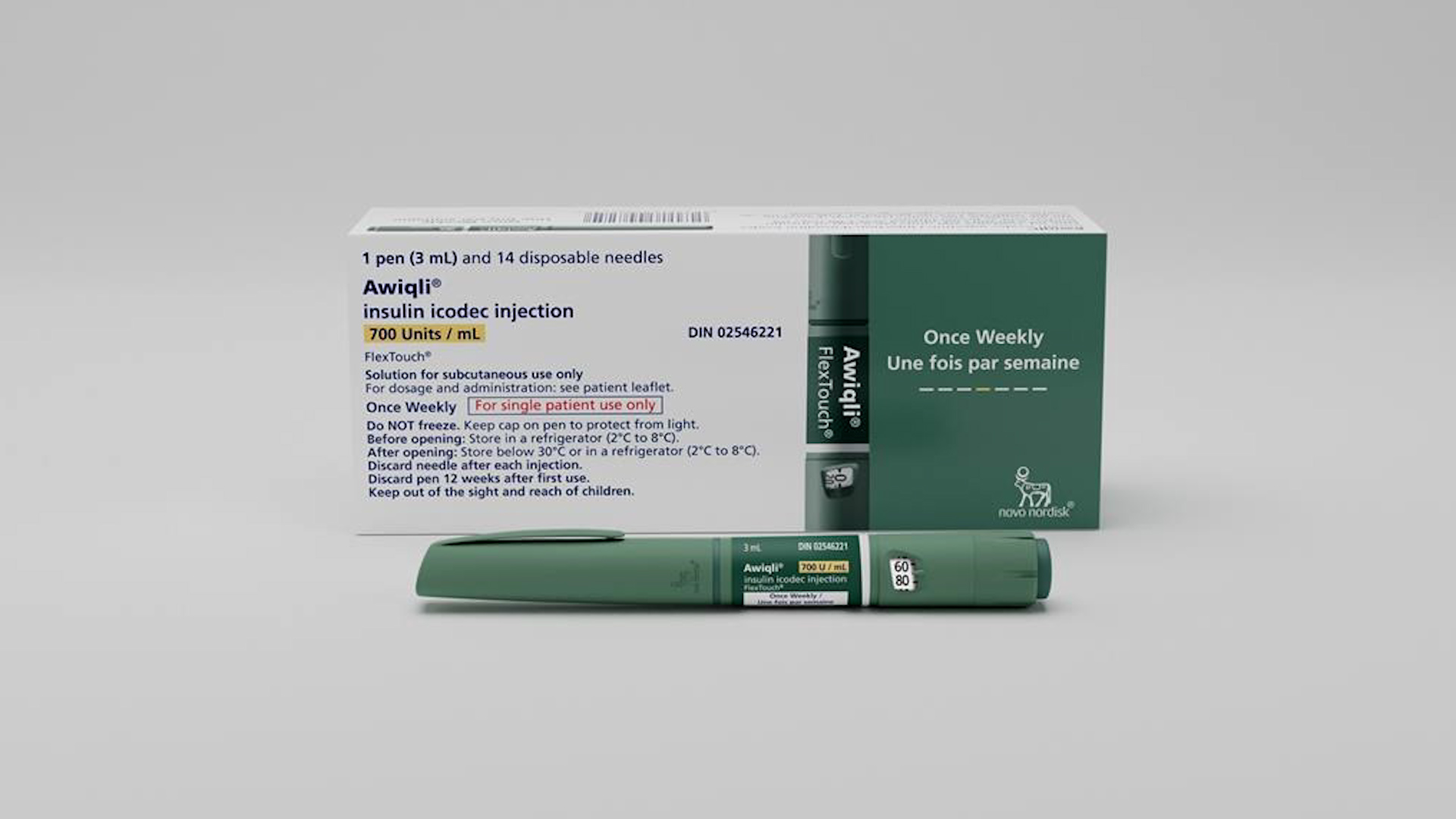
WHAT HAPPENS TO LIVER WHEN YOU STOP DRINKING ALCOHOL
The liver is the largest internal organ in the human body. It is particularly sensitive to the effects of alcohol and is most susceptible to negative consequences. However, the liver can regenerate if you stop consuming alcohol.
RBC-Ukraine provides insights into how the liver reacts to alcoholic beverages and how quickly it can recover, according to The Conversation.
How alcohol affects the liver
The liver is essential for hundreds of bodily processes, including detoxification, especially after alcohol consumption. Besides the liver, excessive and prolonged alcohol consumption can also harm the brain and heart.
Ashwin Dhanda, an associate professor of hepatology at the University of Plymouth, explained that a range of diseases, starting from fat accumulation in the liver (fatty liver degeneration) to the formation of scars (cirrhosis of the liver), are all associated with excessive alcohol intake. Some of these conditions may not show any symptoms until the later stages of damage.
Firstly, alcohol makes the liver fatty. This fat induces inflammation in the liver. In response, the liver attempts to heal itself, forming scar tissue. If this continues uncontrollably, the entire liver can turn into a network of scars with small islands of good liver between them - cirrhosis of the liver.
In the later stages of cirrhosis, when the liver fails, people may experience jaundice, swelling from fluid retention, become sleepy, and confused. This is serious and can lead to death.
In most people who regularly drink more than the recommended limit of 14 units of alcohol per week (approximately six pints of normal-strength beer (4% strength) or about six medium (175 ml) glasses of wine (14% strength)), liver obesity will be observed. Prolonged and intense alcohol consumption increases the risk of scar formation and liver cirrhosis.
Can the liver recover?
In individuals with liver obesity, the liver can start to heal, look, and function like new within two to three weeks of alcohol abstinence.
In individuals with liver inflammation or mild scars, even within seven days of alcohol abstinence, a noticeable reduction in liver fat, inflammation, and scars is observed. Abstaining from alcohol for several months allows the liver to recover and return to normal.
For alcoholics with severe scars or liver failure, abstaining from alcohol for several years reduces the likelihood of worsening liver failure and death.
Furthermore, abstaining from alcohol also positively affects sleep, brain function, and blood pressure.
Long-term abstinence from alcohol also reduces the risk of developing certain types of cancer (including liver, pancreas, and colon cancer), as well as the risk of cardiovascular diseases and stroke.
The liver has a remarkable ability to recover from damage. However, it cannot grow back like new if it has already suffered significant scarring.
If you quit drinking and only have liver obesity, it can quickly return to normal. If you initially had liver scarring (cirrhosis), abstaining from alcohol can allow some recovery and improvement in functions but cannot eliminate all the damage already done.
If you want to take care of your liver, drink moderately and have two to three alcohol-free days per week. This way, you won't have to rely on the magic of liver self-renewal to stay healthy.
By the way, we previously wrote about how much you need to abstain from drinking for brain functions to recover.
We also discussed which pills should not be mixed with alcohol.
2024-01-22T18:44:54Z dg43tfdfdgfd
